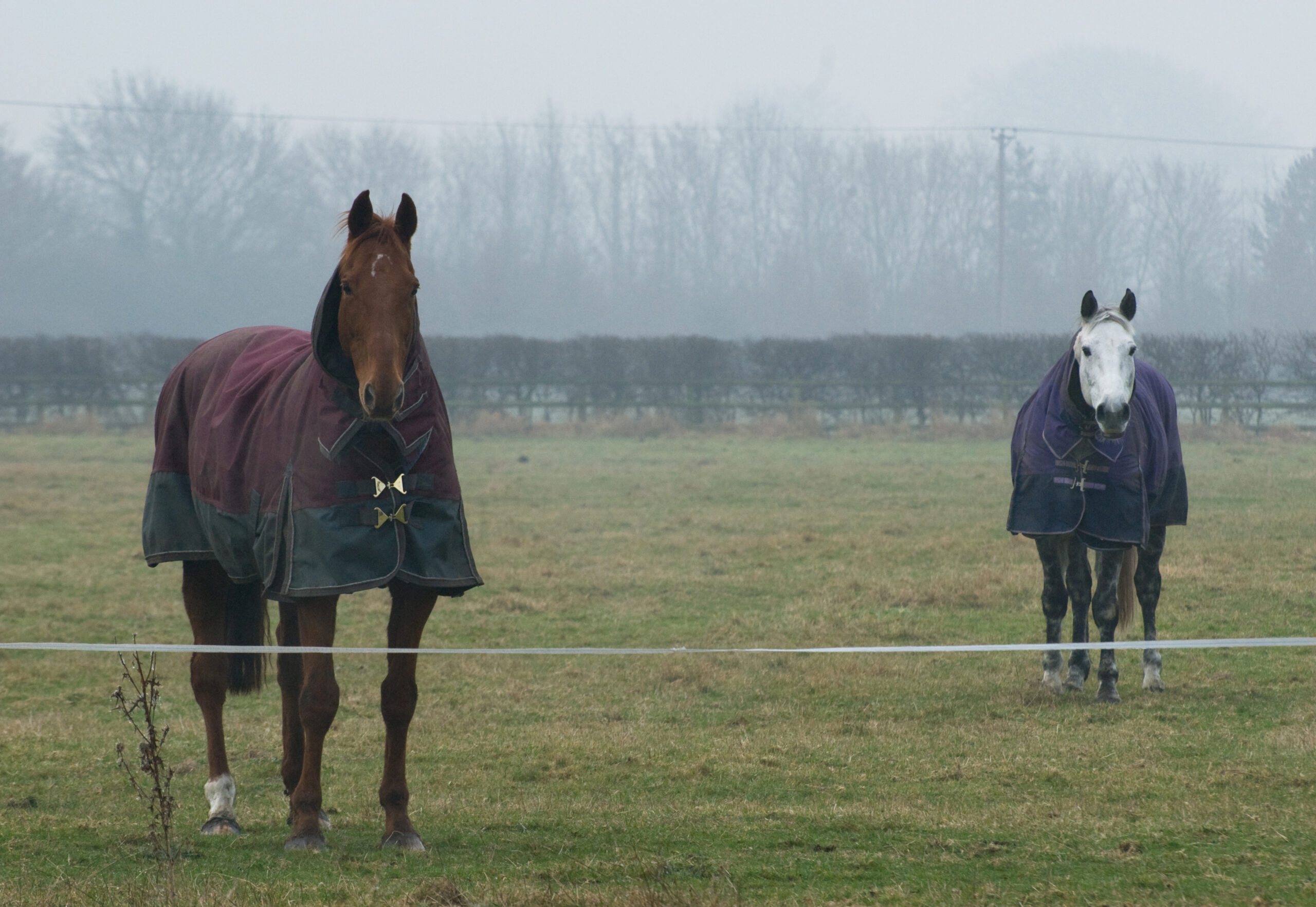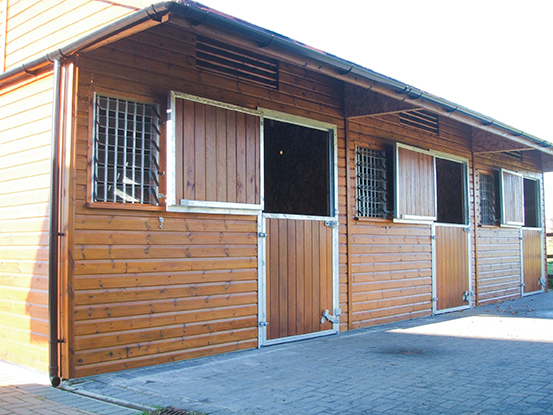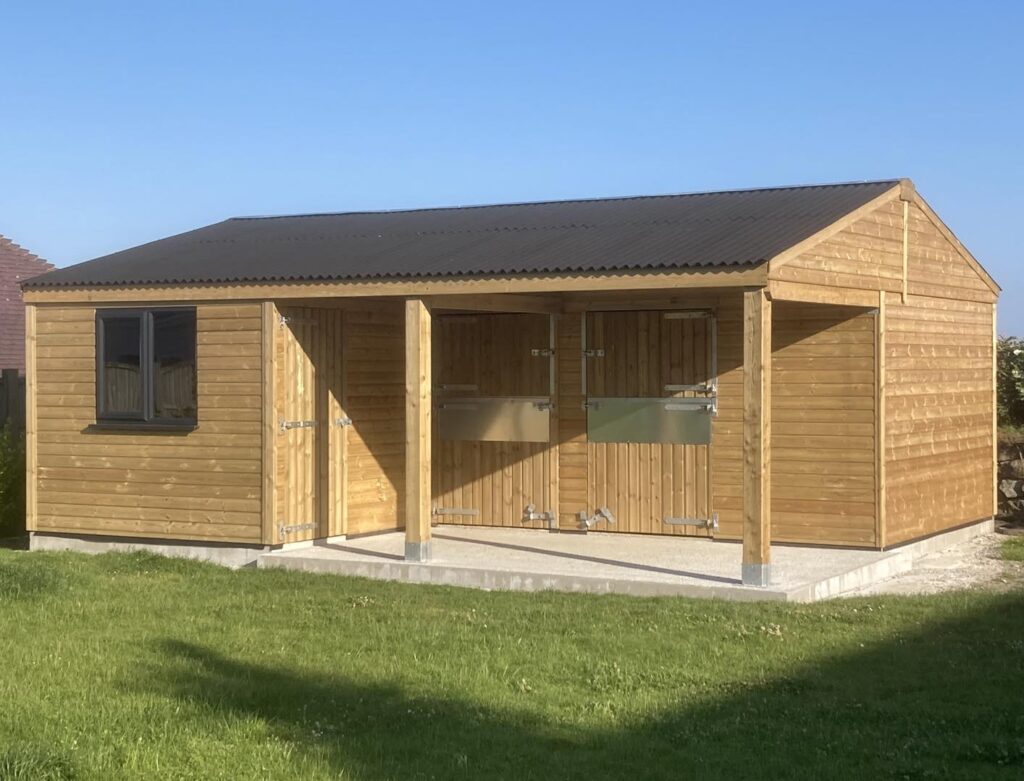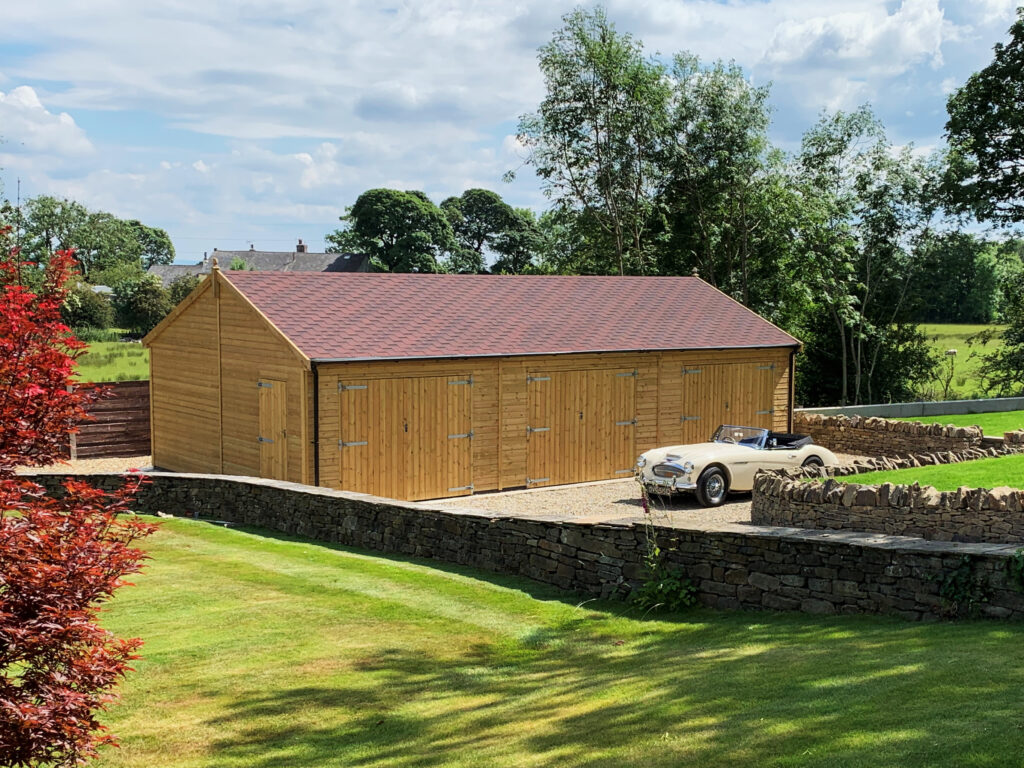Winter is approaching, and along with with-it heavy rain, wind, and possibly some slippery snow. Winter can be brutal for both horses and horse owners. Caring for horses is much more challenging with cold temperatures, muddy roads, and frozen fields.
Most horses are okay to be kept outside all year round. They are known to be able to tolerate temperatures as low as – 40° F, but if not looked after correctly horses may suffer from health problems that can lead to illnesses. This is why it is so important to make sure you know what to look out for during the winter months!
Here are some of the most common health problems your horse may encounter during winter:
Dehydration: As the weather gets cold, many people assume that horses are less likely to drink water. This can lead to dehydration which can cause numerous serious health problems.
Weight Loss: During the winter, horses tend to burn more calories to stay warm.
Hoof Health: Hooves are often forgotten about in winter. But neglecting them can lead to diseases such as white line disease, laminitis, and thrush. To avoid this, try to keep them on the high grounds of your stables where it’s mostly dry. Check their hooves regularly to see they have any wounds, cracks, or injuries.
Joint Pain: As horses are less likely to move around in winter, it is likely that they may suffer some stiff joints. Older horses and those who suffer from conditions such as arthritis may even suffer from terrible joint pains.
Respiratory problems: Just like humans, cold weather can cause a horse’s immune system to become weaker. This means they are more immune to illnesses such as Asthma.
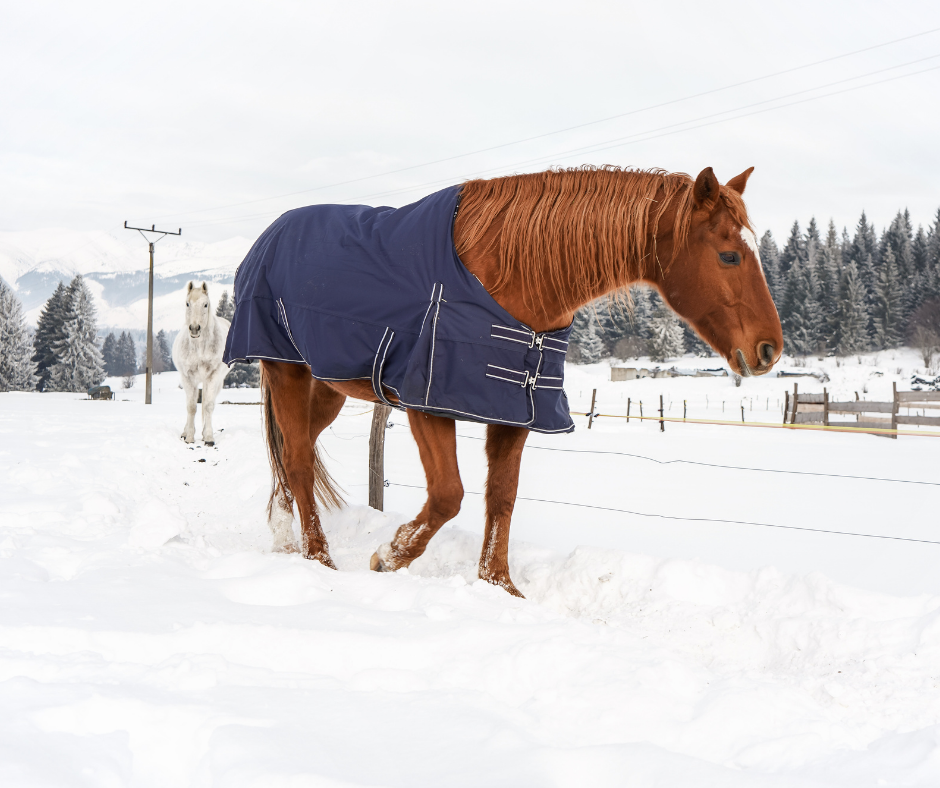
Now, let us have a look at some other things we can do look after our horse’s health during winter:
1. Try to limit their time in the stables. To avoid stiffness and joint pains, encourage your horses to move around. It does not have to be an intense physical exercise; just a simple leg stretch should be enough. This is also great for their mental health and wellbeing.
We also recommend speaking to your vets about giving your horse supplements and joint lotions.
2. Good ventilation in the stable is a must. Our horses are most likely to stay in their stables for a more extended period. Keeping the air vents and windows open will ensure that there is a good circulation of fresh air.
If you spot hays with moulds, remove them immediately as they are very harmful to the horse’s respiratory health.
3. Invest in a good winter rug to keep your horses warm. Keep the rugs dry and ensure that they are comfortable and breathable.
4. If your horses live outside, you must provide them with a large enough field shelter which they can comfortably share among themselves.
5. During winter, horses prefer to drink warm water. Due to cold temperatures, the water may get to freezing temperatures or even become frozen. To ensure that horses are well hydrated, we must regularly provide them with fresh and warm water.
6. Keep your first aid kits topped up and nearby. Items such as iodine spray and antiseptic cream will come in handy when treating cuts or other injuries.
7. Dental Checks are essential when it comes to a horse’s wellbeing. Horses will need to be able to chew their food and feed themselves properly so that they can keep up their energy level and keep warm. If they are unable to do so, they may not get enough nutrients to survive the cold winter.
8. Horses burn more calories to keep warm during winter. To assure that they are not loosing too much weight and are getting enough nutrients, we must adequately increase their feed loads. If you are concerned about their weight loss, we recommend consulting with your vet about giving your horses additional supplements.
Cold winter months can be hard on our horses. Thankfully, our team at Jon William Stables provides a range of high-quality equestrian buildings that will keep your horses safe and warm during these cold winter seasons.
Call us at 01380 850 965 to find out more or browse our stables ranges.
